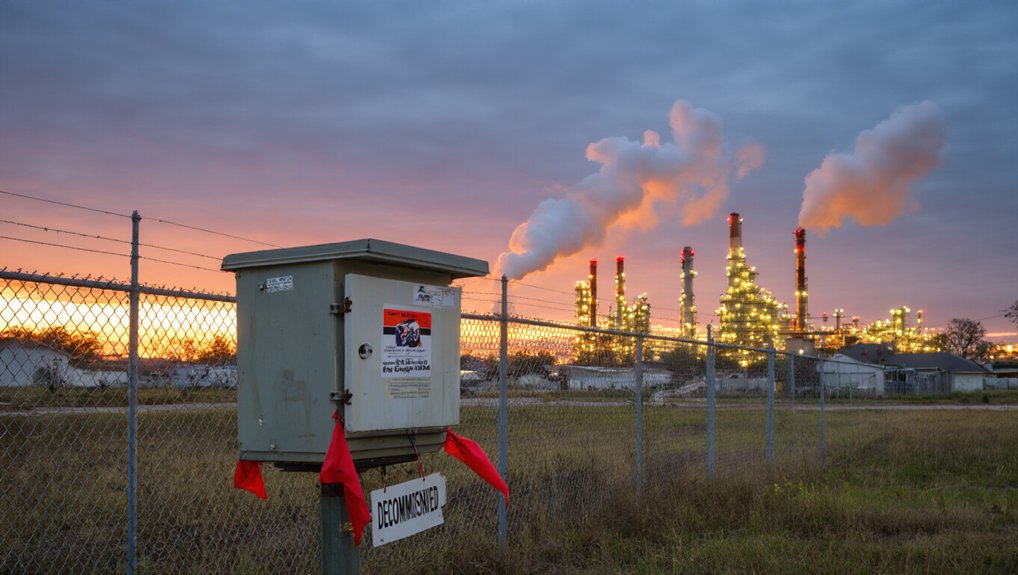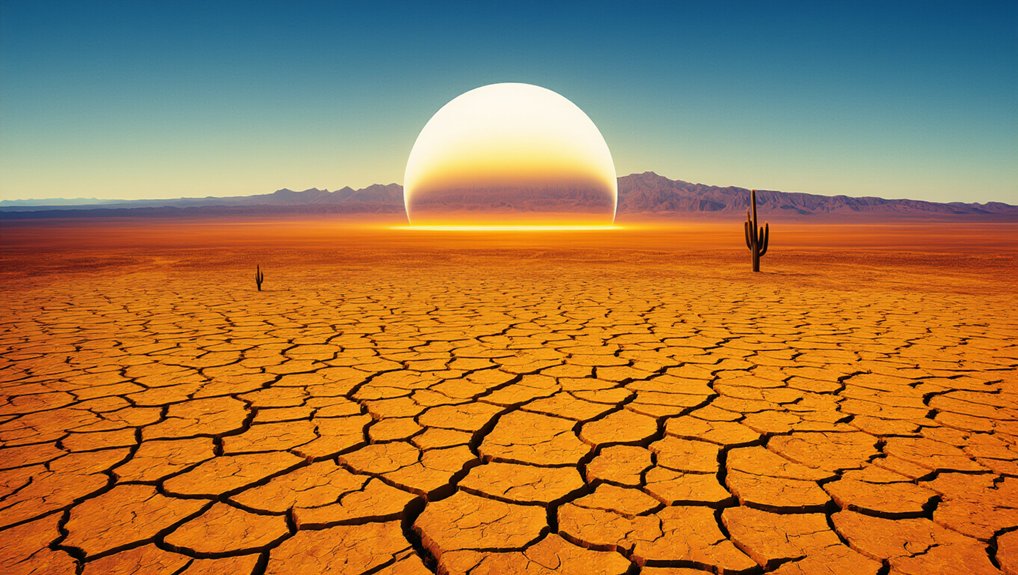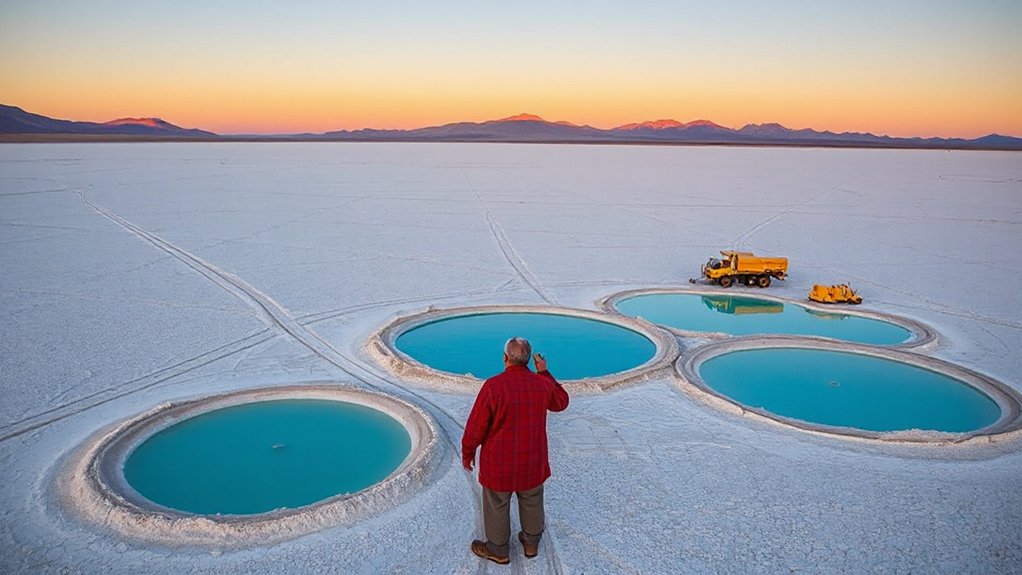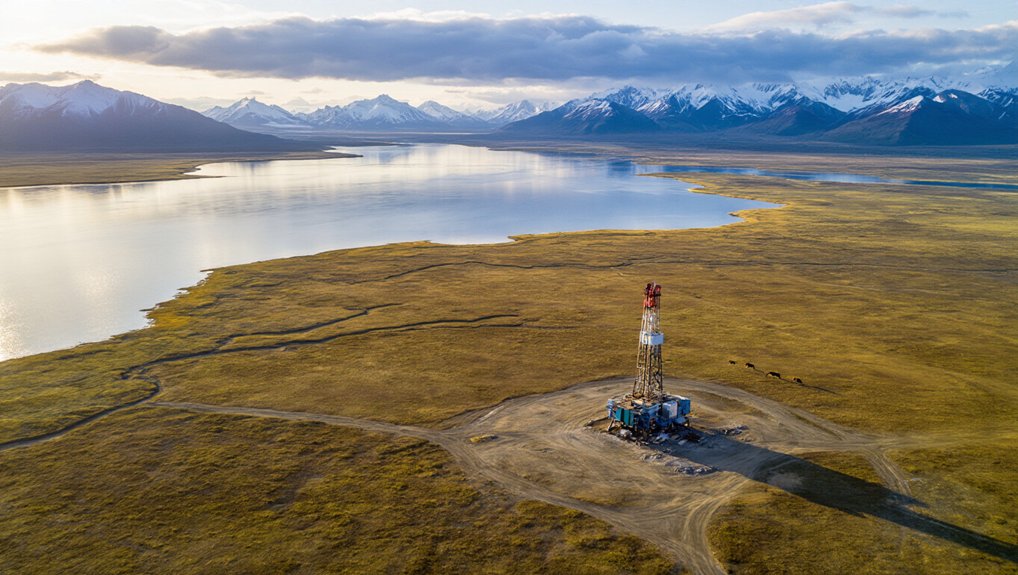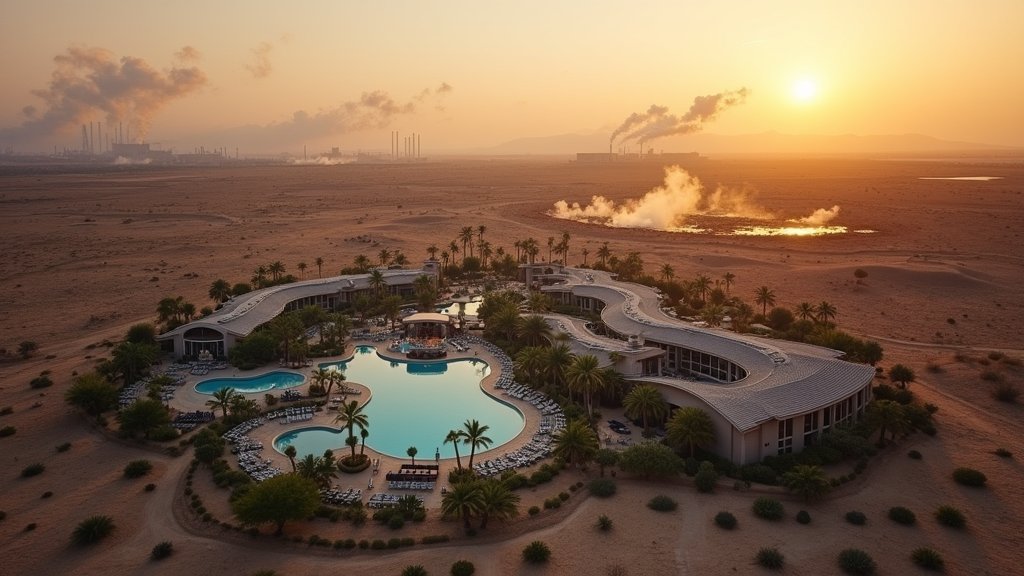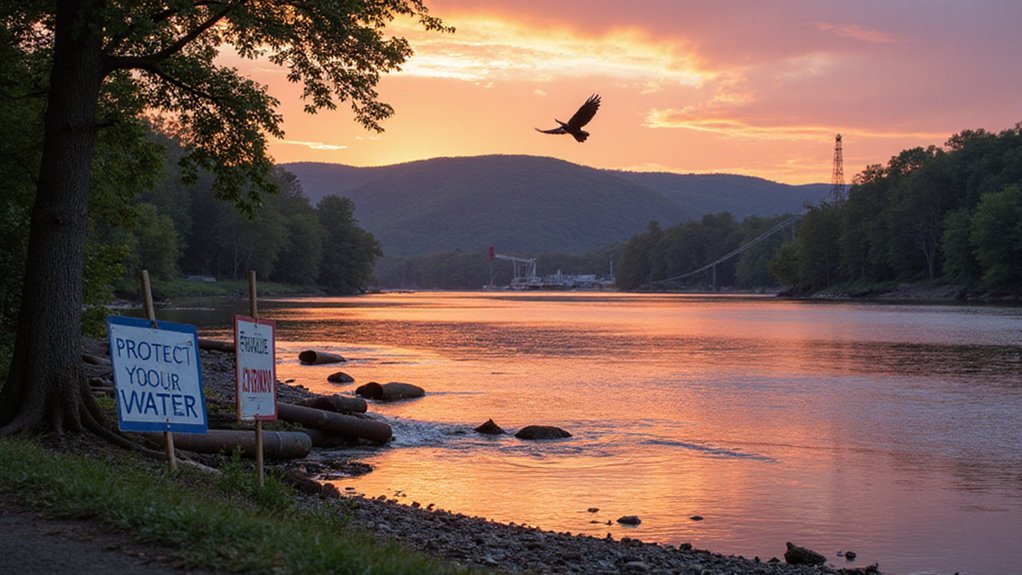Louisiana just passed a law that makes it way harder for regular folks to test their own air. The Community Air Monitoring Reliability Act, or CAMRA, basically tells citizens they can’t use their air quality data to report violations unless they’ve got EPA-approved equipment. That gear? It can cost hundreds of thousands of dollars. Plus, only 175 state-accredited labs can analyze the data.
Nice democracy we’ve got here.
Democracy where only the rich can prove they’re being poisoned.
The law sailed through with bipartisan support. Politicians said they wanted “accurate air quality information.” What they really did was silence communities trying to document the toxic soup they’re breathing every day. If you’re monitoring air to prove someone’s breaking the Clean Air Act, you better have deep pockets.
Environmental groups didn’t take this lying down. They sued in May 2025, claiming Louisiana trampled their free speech rights. David Bookbinder from the Environmental Integrity Project is leading the charge. The plaintiffs say the law stops them from sharing vital health information with their neighbors. Can’t have people knowing what’s in their air, apparently.
This hits fence-line communities the hardest. These are the folks living next to chemical plants in Louisiana’s industrial corridor – Cancer Alley, they call it. In Sulphur, Louisiana, surrounded by 16 industrial plants, residents like Cynthia Cindy Robertson used to fly red flags to warn neighbors when air quality was dangerous. They’re worried about chloroprene and ethylene oxide, nasty stuff that causes cancer. Many don’t trust state data and want to do their own testing. Now they can’t, at least not in any way that matters legally.
The timing’s interesting. Biden’s EPA tightened regulations on these pollutants and funded community monitoring programs. Trump promised to roll those rules back. Louisiana just did the dirty work for him.
Here’s the kicker: advocates say cheaper technology works fine for detecting dangerous pollution levels. But Louisiana’s new rules make that data worthless for holding polluters accountable. The Louisiana Department of Environmental Quality can still use community data for some things, but citizens can’t use it to prove violations.
The emergency rules kicked in April 22, 2025. Communities that have been filling monitoring gaps left by industry and regulators are now muzzled. They can test all they want. They just can’t do anything meaningful with the results.
References
- https://neworleanscitybusiness.com/blog/2025/05/23/louisiana-air-monitoring-law-free-speech-lawsuit/
- https://www.wwno.org/coastal-desk/2025-05-22/community-groups-say-new-air-monitoring-law-violates-their-freedom-of-speech
- https://www.theenergylawblog.com/2024/06/articles/business/louisiana-law/louisiana-enacts-community-air-monitoring-reliability-act-establishing-uniformity-for-monitoring-and-parameters-for-data-use/
- https://www.nepm.org/national-world-news/2025-05-22/community-groups-say-louisiana-is-trying-to-stop-them-from-monitoring-air-pollution
- https://deq.louisiana.gov/page/rules-regulations
